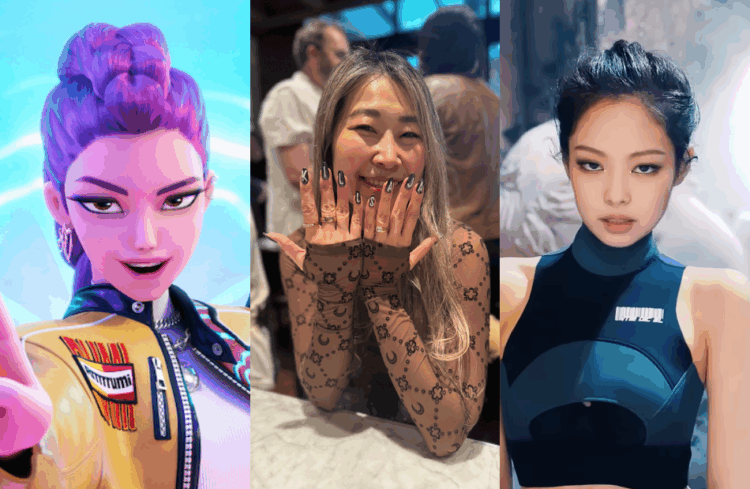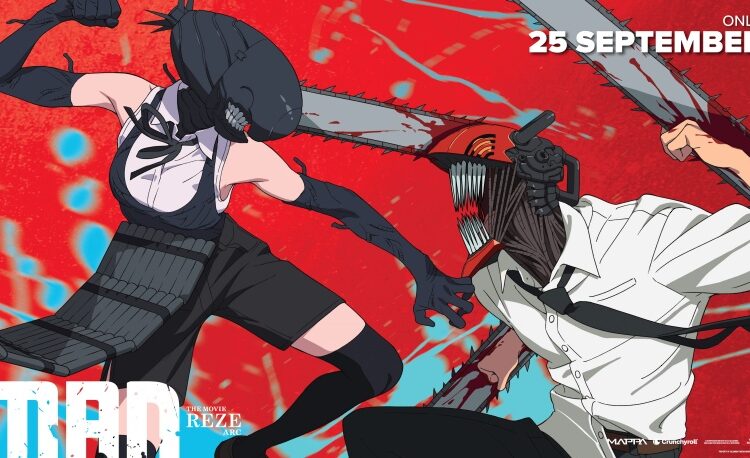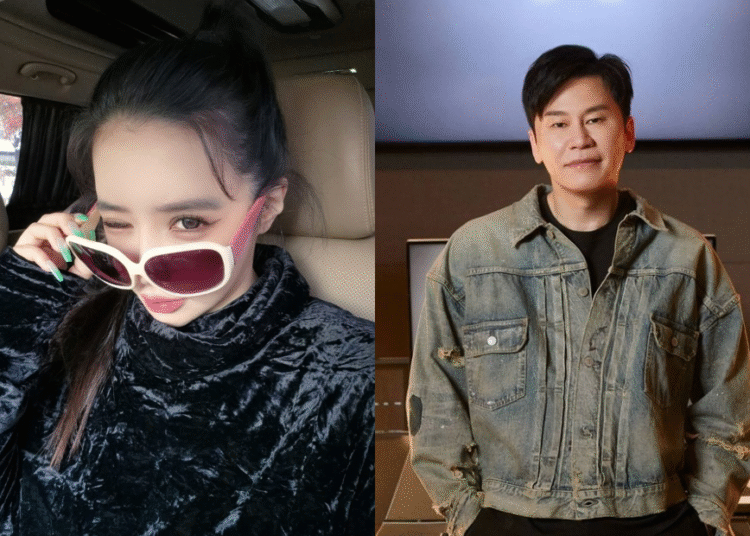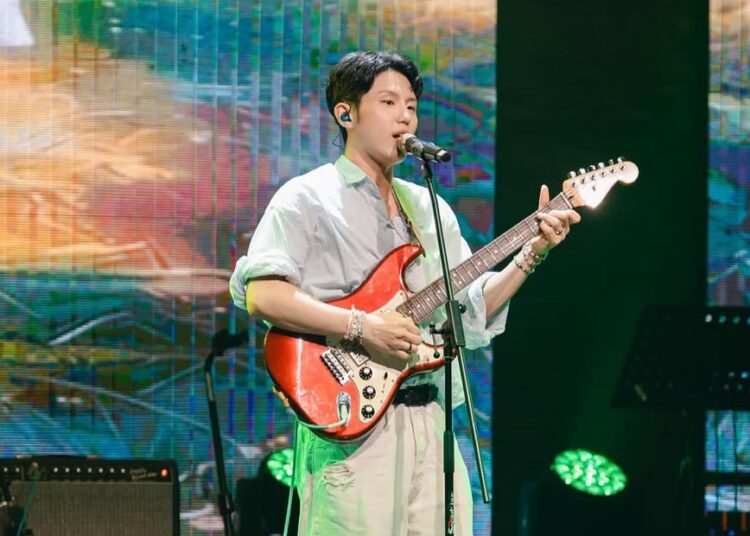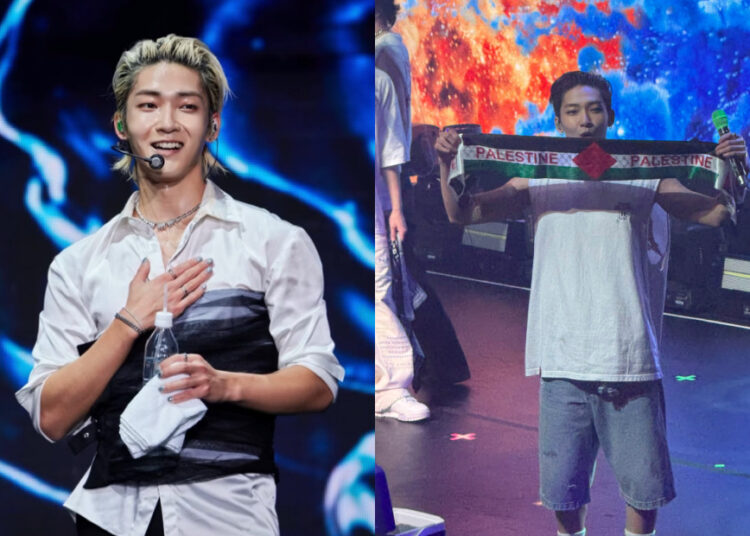Netflix’s latest animated film, “K-pop Demon Hunters”, has proven to be a global hit. Not only did it receive overwhelmingly positive reviews from both K-pop and non-K-pop fans alike, but the film’s soundtrack also debuted in the top 10 of the Billboard 200 chart. Even actual K-pop idols themselves are taking part in the dance challenges on social media.
Naturally, when a film performs this well, fans are eager to learn more about the creative process. Who were the singers? How long did it take to bring the idea to life? Which K-pop idols inspired the characters? Director Maggie Kang has answered many of these questions, but unfortunately, her latest clarification has not been well received. Here’s why:
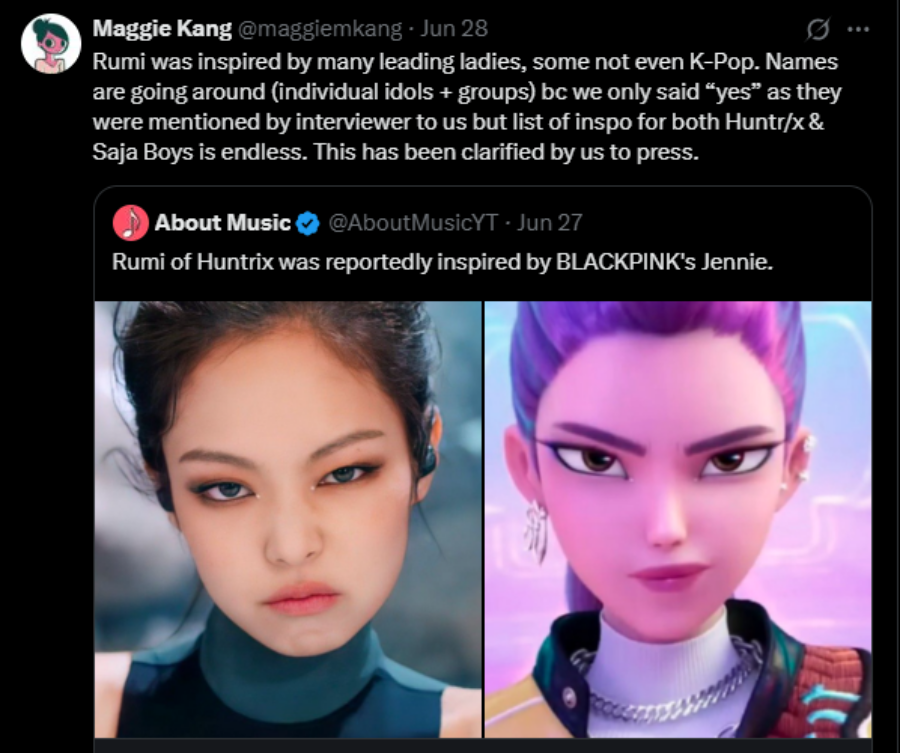
“K-pop Demon Hunters” creator and director Maggie Kang has addressed several questions regarding the inspiration behind the character designs. Previously, she and her team revealed that Huntr/x were primarily inspired by girl groups such as BLACKPINK, TWICE, and ITZY, while the Saja Boys drew inspiration from BTS, Stray Kids, TXT and ATEEZ. As for the individual characters, BLACKPINK’s Jennie (제니) was named as one of the inspirations for the main character, Rumi.
Following that revelation, numerous reports and social media posts began circulating, claiming that Jennie was the main inspiration behind the beloved fictional idol. Maggie Kang recently took to Twitter to clarify that Rumi was, in fact, inspired by many leading women in K-pop. “Names are going around (individual idols + groups) because we only said ‘yes’ as they were mentioned by interviewers to us, but the list of inspirations for both Huntr/x and the Saja Boys is endless. This has already been clarified to the press.”
One might have thought that this clarification would put an end to the discussion. Unfortunately, many BLACKPINK fans were not pleased and accused the director of using Jennie for clout. Some expressed disappointment, pointing out how closely Rumi resembles Jennie during her “Kill This Love” era, while others accused Maggie Kang of favouritism, noting that she is also a fan of BTS.
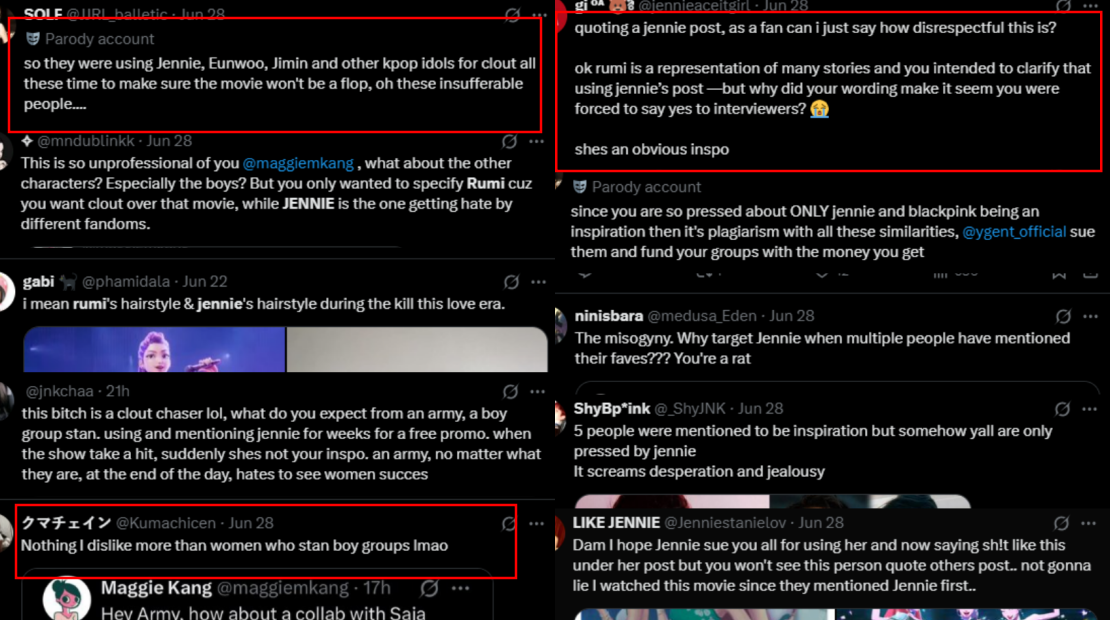
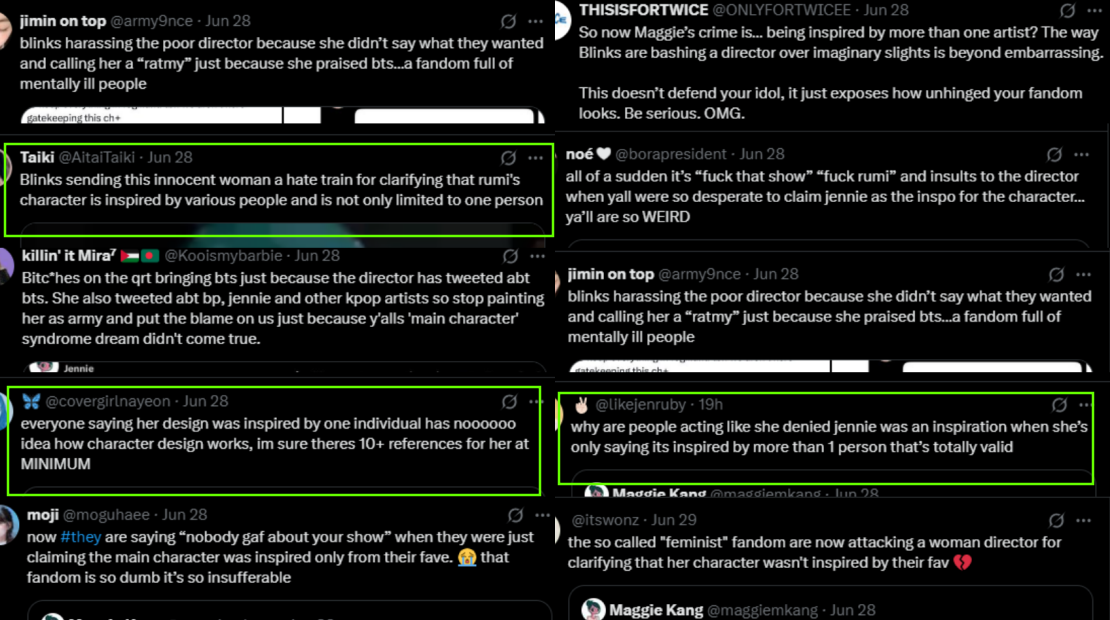
Fortunately for the creator, many came to her defence, pointing out that she never denied Jennie was one of the many inspirations behind Rumi. Others criticised fans for overreacting to the clarification, while offering insights into how character design typically works. Who would have thought that a simple clarification could spark a fan war? Hopefully, Maggie Kang remains unfazed by the criticism, as many fans are still holding out hope for a sequel to “K-pop Demon Hunters”.
If you haven’t seen the film, be sure to read our review or watch the trailer down below:


